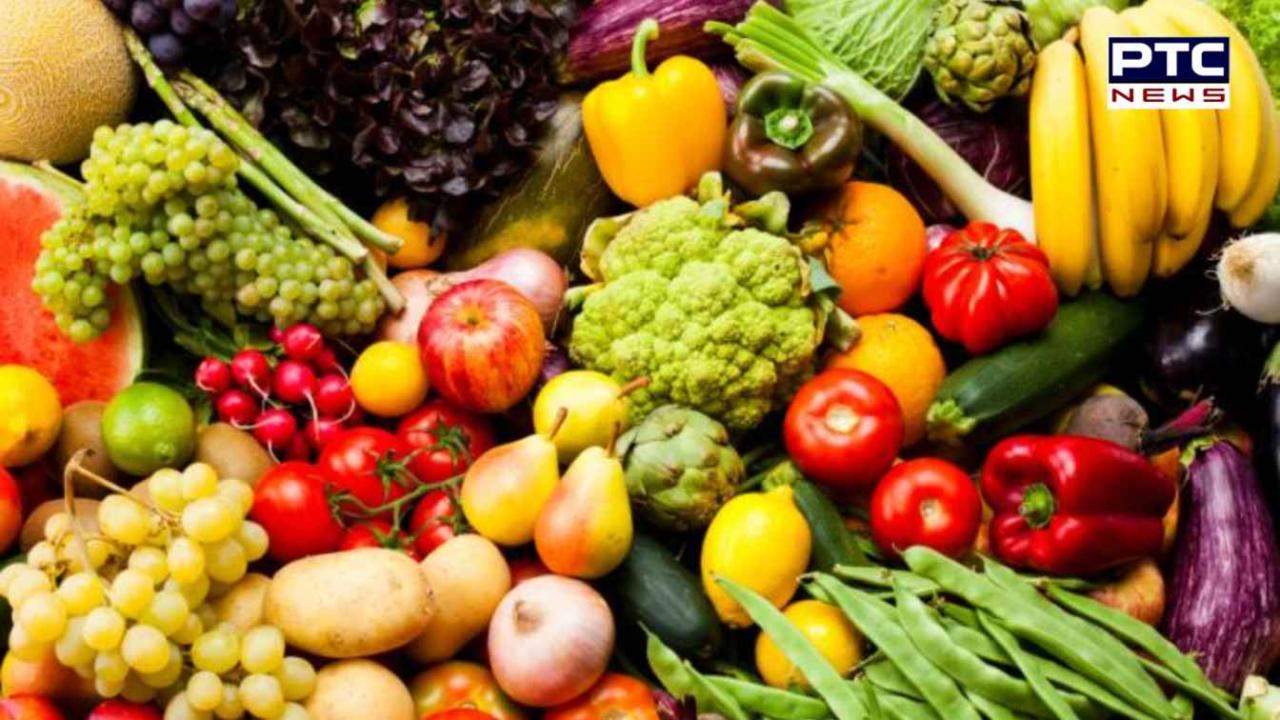World Food Day 2024: Essential nutrients you must maintain for optimal health
World Food Day 2024: By consuming these essential nutrients and eating a healthy diet, you can support your overall health and well-being.

World Food Day 2024: World Food Day, celebrated annually on October 16th, serves as a reminder of the global hunger crisis and emphasises the need for access to nutritious food for everyone. A balanced diet, rich in essential nutrients, is vital for maintaining good health and overall well-being. Our bodies require a variety of nutrients, and some are particularly crucial for optimal health. Deficiencies in these nutrients can lead to serious health issues. Here’s a detailed overview of key nutrients that your body should never lack.
Essential Nutrients for Your Body
- Protein
Role: Protein is vital for building and repairing tissues throughout the body, including hair, skin, and nails. It also plays a significant role in maintaining strong bones and muscles.
Sources: Good sources of protein include lean meats, poultry, fish, eggs, legumes, beans, and tofu.
- Carbohydrates
Role: Carbohydrates serve as the primary energy source for the body. They are classified into two types: complex and simple carbohydrates.
Types: Complex Carbohydrates: Found in whole grains, fruits, and vegetables, these provide sustained energy and are rich in fiber.
Simple Carbohydrates: Typically found in refined grains and sugary foods, these should be consumed in moderation.
- Fats
Role: Healthy fats are essential for numerous bodily functions, including hormone production, cell growth, and nutrient absorption.
Sources: Beneficial sources of healthy fats include avocados, nuts, seeds, and olive oil.
- Vitamins
- Role: Vitamins are essential micronutrients that support various bodily functions. Some critical vitamins include:
- Vitamin A: Found in carrots, sweet potatoes, spinach, and kale, it is vital for vision, immune function, and cell growth.
- Vitamin C: Present in citrus fruits, berries, and tomatoes, this antioxidant protects cells from damage.
- Vitamin D: Obtained from sunlight and fortified foods (like milk and cereal), it is crucial for calcium absorption and bone health.
- Vitamin B12: Located in meat, poultry, fish, and fortified cereals, it is necessary for red blood cell production and nerve function.
- Minerals
- Role: Minerals are inorganic substances essential for various bodily functions. Key minerals include:
- Iron: Found in meat, poultry, fish, and fortified cereals, iron is vital for red blood cell production and oxygen transport.
- Calcium: Present in dairy products, leafy greens, and fortified foods, calcium is critical for maintaining bone health.
- Potassium: Found in bananas, potatoes, and spinach, potassium helps regulate blood pressure and supports muscle function.
- Magnesium: Present in nuts, seeds, and whole grains, magnesium is essential for numerous bodily functions, including muscle and nerve activity.
Ensuring Adequate Nutrient Intake
To maintain sufficient levels of these essential nutrients, it is crucial to consume a balanced and varied diet. Aim to include plenty of fruits, vegetables, whole grains, lean protein sources, and healthy fats in your meals. If you have concerns regarding your nutrient intake or health, consider consulting with a registered dietitian or healthcare professional for personalized guidance.
By prioritising these essential nutrients, you can support your overall health and well-being while combating deficiencies that may lead to health complications.
